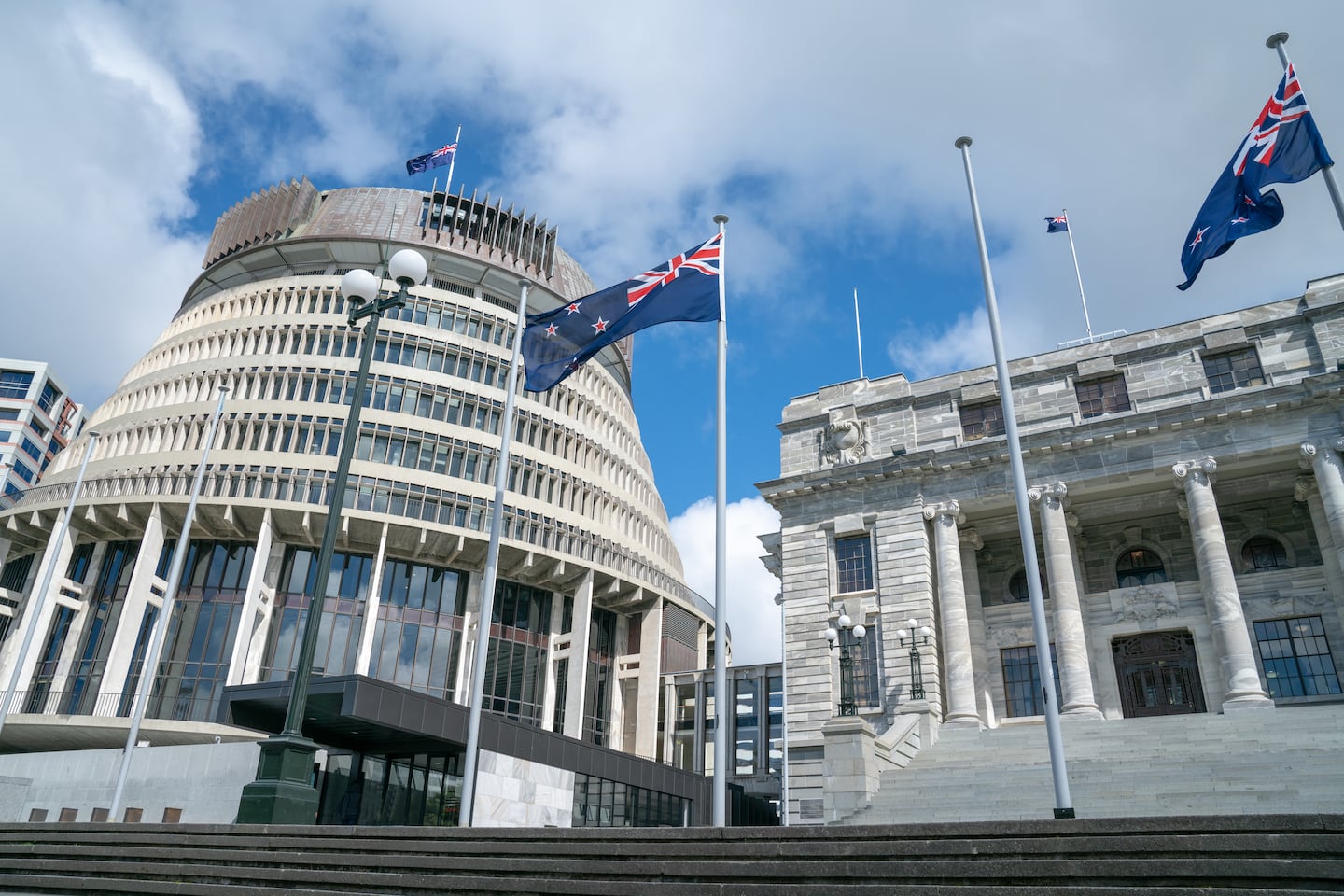With just one sitting session left before the year’s end, Parliament has shifted its attention from legislation to intense examination of government agencies. Scrutiny weeks, introduced through the 2023 Review of Standing Orders, are a cornerstone of this approach. They replace previous short, politically charged sessions with structured, in-depth hearings that hold ministers and public sector leaders accountable for their actions and outcomes.
What’s on the agenda?
This week’s scrutiny focuses on assessing the performance of government entities over the past year. The exercise provides Parliament and the public with detailed insights into how taxpayer money has been used and what has been achieved. Sector managers from the Office of the Auditor General (OAG) have prepared 60 pre-scrutiny briefings to ensure MPs have the right tools to ask meaningful questions.
The hearings involve both financial and non-financial performance, examining metrics and outcomes as well as narratives from agencies’ annual reports. This structured approach ensures key issues are addressed and fosters an environment of constructive reflection and potential improvement.
In the past, brief hearings often shielded agency heads, with ministers filling much of the time. The new system makes scrutiny more robust and meaningful. The Auditor-General, independent from the Executive, plays a critical role in this, ensuring Parliament has the necessary tools to hold government entities to account.
Building trust and value
Scrutiny weeks serve a dual purpose: They help Parliament oversee government activities while encouraging agencies to reflect and improve. Auditor-General Office sector manager Lyndsey Gibson says, “It’s not just about the numbers”.
“Agencies must demonstrate clear outcomes and the value derived from spending. This isn’t just about metrics; it’s about the real-world impact.”
This thorough examination aims to build public trust and promotes efficiency and effectiveness within government operations.
The stakes are high for public sector leaders and their agencies, as the scrutiny focuses on measurable progress and accountability. For Parliament, the process strengthens its role in holding the Executive to account, reinforcing the principles of a parliamentary democracy where the government is answerable to its elected representatives.
With hearings spanning various topics, this week offers an unprecedented opportunity for MPs to delve into the details, while the public gains a clearer picture of how their government operates.
Find links to live streams of the hearings and a schedule here.



